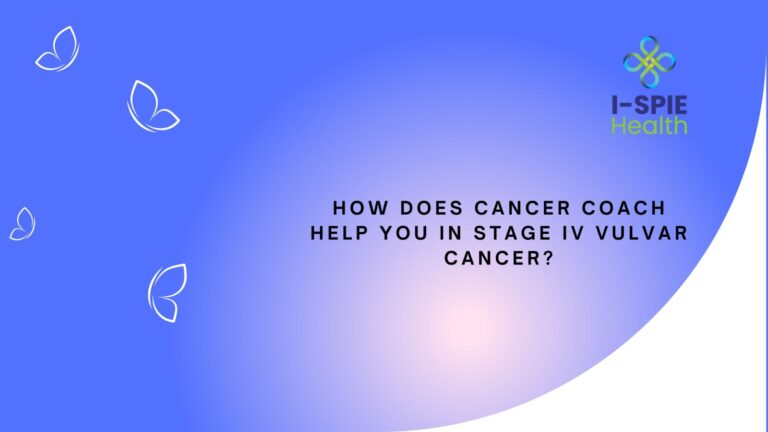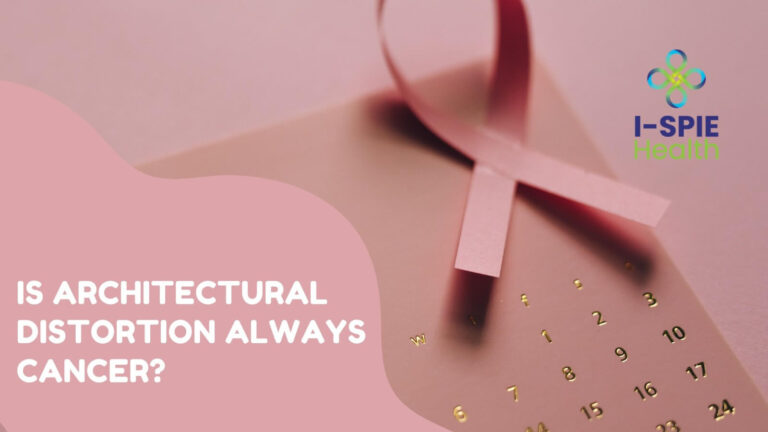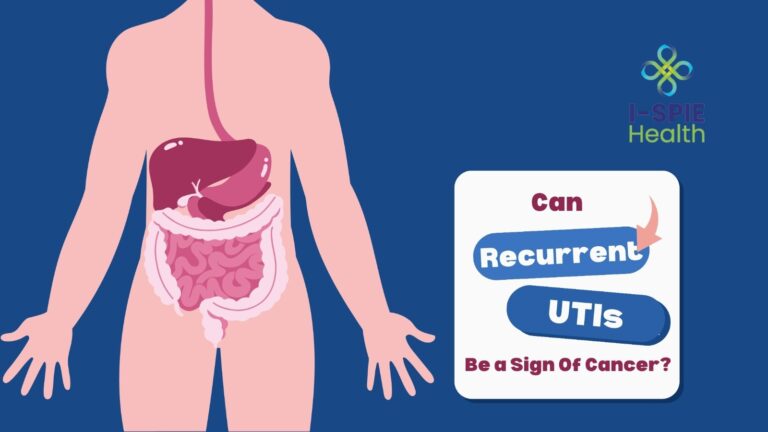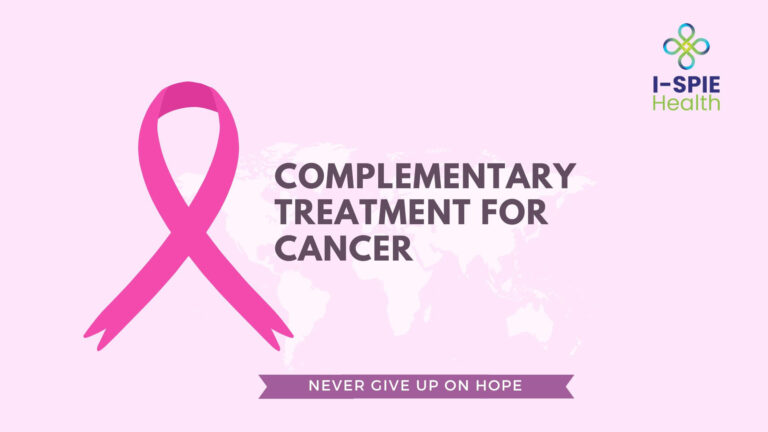Cancer treatment is a challenging journey, not just because of the disease itself but also due to the side effects associated with various treatments. Managing these side effects is crucial for maintaining quality of life and ensuring that patients can continue their treatment regimens effectively. This blog aims to provide comprehensive strategies for managing cancer-related side effects, acknowledging both the physical and emotional challenges faced by patients.
Understanding Cancer-Related Side Effects
Cancer-related side effects are unintended symptoms or conditions that arise from treatments such as chemotherapy, radiation, immunotherapy, and surgery. These side effects vary in severity and duration but can significantly impact a patient’s daily life. Common side effects include:
- Fatigue: Persistent tiredness that is not relieved by rest.
- Nausea and Vomiting: Feeling sick and the urge to vomit, common with chemotherapy.
- Pain: Resulting from surgery, cancer itself, or treatments.
- Hair Loss: Often a side effect of chemotherapy.
- Skin Changes: Dryness, rashes, or sensitivity due to radiation or drugs.
- Emotional and Psychological Effects: Anxiety, depression, and stress resulting from the cancer diagnosis and treatment process.
How to Manage Cancer-Related Side Effects
Effective management of side effects involves close communication with healthcare providers. Here are some key strategies patients can follow:
Keep a Side Effect Diary
Keeping track of symptoms and their triggers can help tailor treatment plans. This diary can provide valuable insights for healthcare providers to adjust medications and therapies to manage side effects better.
Stay Hydrated and Maintain a Balanced Diet
Proper nutrition and hydration are crucial for overall health and recovery. Consuming a balanced diet rich in vitamins and minerals can strengthen the body’s immune system and help combat the side effects of treatment.
Engage in Regular Physical Activity
Light exercise, such as walking or yoga, can boost energy levels and improve mood. Regular physical activity also helps maintain muscle strength and overall fitness, which is essential during cancer treatment.
Prioritize Rest and Manage Fatigue
Ensuring adequate rest is vital for coping with fatigue. Patients should listen to their bodies, prioritize essential activities, and take frequent breaks to conserve energy and prevent exhaustion.
Specific Strategies for Common Side Effects
Fatigue
- Energy Conservation Techniques: Pace activities and take frequent breaks.
- Light Exercise Recommendations: Engage in activities like walking or yoga to boost energy.
- Prioritize Activities and Rest: Focus on essential tasks and allow time for relaxation.
Nausea and Vomiting
- Dietary Adjustments: Eat small, frequent meals and avoid foods with strong odors.
- Medications and Anti-Nausea Treatments: Use prescribed medications to control nausea.
- Relaxation Techniques: Deep breathing and meditation can help manage nausea.
Pain Management
- Pain Relief Medications: Follow prescribed dosages and schedules for pain relief.
- Alternative Therapies: Consider acupuncture or massage for additional relief.
- Physical Therapy and Gentle Exercises: Incorporate exercises that improve mobility and reduce pain.
Hair Loss
- Scalp Cooling Techniques: These can reduce hair loss during chemotherapy.
- Choosing Wigs, Scarves, and Hats: Find comfortable and stylish options to cope with hair loss.
- Emotional Coping Strategies: Seek support to deal with the emotional impact of hair loss.
Skin Changes
- Skincare Routines for Sensitive Skin: Use gentle, fragrance-free products.
- Protection from Sun Exposure: Wear sunscreen and protective clothing.
- Hydration and Moisturizing Tips: Keep skin hydrated with moisturizers.
Emotional and Psychological Support
- Counseling and Therapy Options: Professional counseling can help manage emotional stress.
- Support Groups: Connecting with other patients can provide comfort and shared experiences.
- Mindfulness and Stress-Reduction Techniques: Practices like meditation and yoga can reduce anxiety.
The Role of Nutrition in Managing Side Effects
A balanced diet rich in vitamins and minerals is crucial for managing side effects and supporting recovery. Foods like ginger can help alleviate nausea, while high-fiber foods can manage constipation. Consulting with a nutritionist or dietitian can provide personalized dietary plans.
The Importance of Emotional and Mental Health
Acknowledging the emotional toll of cancer treatment is important. Techniques for managing stress, anxiety, and depression include:
- Stress Management Techniques: Mindfulness, deep breathing exercises, and hobbies.
- Strong Support System: Lean on family, friends, and support groups for emotional support.
- Professional Mental Health Resources: Seek help from psychologists or counselors specializing in cancer care.
Struggling with Cancer Side Effects?
Discover effective strategies to manage cancer-related side effects and enhance your quality of life. Empower yourself with the right support.
Conclusion
Managing cancer-related side effects is essential for improving the quality of life during treatment. By understanding the common side effects and implementing strategies to manage them, patients can navigate their treatment journey with greater ease and comfort. Effective communication with healthcare providers, a balanced cancer diet, regular physical activity, and strong emotional support systems are key to managing these side effects successfully.
FAQ
How to manage cancer side effects?
Managing cancer side effects requires a comprehensive approach. Discuss potential side effects with your healthcare team before starting treatment, and follow the recommended treatment plan. Make lifestyle changes, such as eating well and staying hydrated, and engage in relaxation techniques like meditation and deep breathing. Seeking support from family, friends, and support groups can also help.
What are the 5 side effects of cancer?
Common side effects of cancer include fatigue, pain, nausea and vomiting, digestive changes, and emotional distress. These symptoms can be caused by the disease itself, treatment, or underlying medical conditions.
Can you live 20 years after cancer?
While cancer is a serious disease, many people are able to live long-term after diagnosis and treatment. Advances in cancer research and treatment have improved survival rates for many types of cancer.
How to reduce the side effects of chemotherapy?
To reduce chemotherapy side effects, take medications as prescribed to alleviate nausea and vomiting, eat small meals to manage digestive changes, stay hydrated, and practice relaxation techniques like meditation and deep breathing. Using comfort measures during treatment can also help create a sense of comfort.






